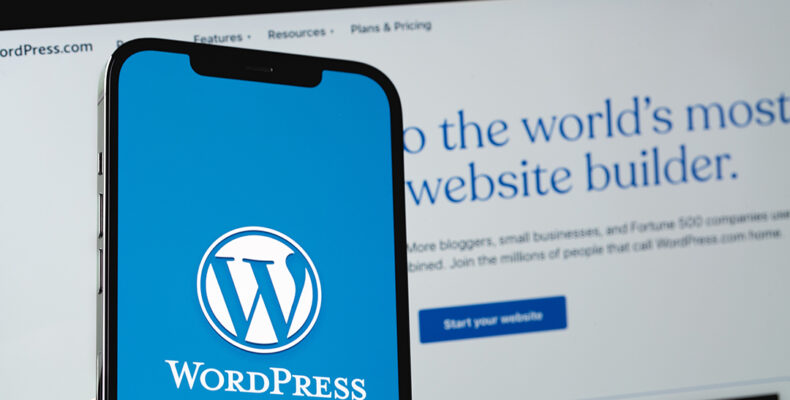In today’s digital landscape, having a website is crucial for businesses, bloggers, and anyone looking to establish an online presence. Among the many content management systems available, WordPress stands out as one of the most popular due to its flexibility, user-friendliness, and vast ecosystem of plugins and themes. However, simply setting up a WordPress site is not enough. Regular maintenance is essential to ensure its longevity and optimal performance. Here’s why WordPress maintenance is so important for extending the life of your website.
1. Security
One of the primary reasons to keep up with WordPress maintenance is security. WordPress, like any other popular platform, is a target for hackers. Regular updates to the WordPress core, themes, and plugins are released to patch vulnerabilities and protect your site from security threats. Neglecting these updates can leave your website exposed to malware, data breaches, and other malicious activities.
2. Performance Optimization
Over time, your website can become sluggish due to outdated software, unnecessary plugins, and accumulated data. Regular maintenance tasks such as optimizing the database, cleaning up unused plugins and themes, and implementing performance enhancements can significantly improve your site’s speed and responsiveness. A fast website not only enhances user experience but also positively impacts your search engine rankings.
3. Compatibility
The WordPress ecosystem is constantly evolving, with new plugins and themes being developed and existing ones receiving updates. Regular maintenance ensures that your website remains compatible with the latest versions of WordPress, as well as with the newest features and functionalities offered by plugins and themes. This prevents conflicts that can cause your site to malfunction or even crash.
4. Backup Management
A crucial aspect of WordPress maintenance is setting up and managing regular backups. Backups are your safety net in case something goes wrong, whether it’s due to a hacking attempt, a server crash, or human error. Regularly backing up your website ensures that you can quickly restore it to a previous state, minimizing downtime and potential data loss.
5. SEO Benefits
Search engines favor websites that are well-maintained and regularly updated. Broken links, slow load times, and outdated content can negatively impact your SEO efforts. By keeping your WordPress site in top shape through regular maintenance, you can improve your search engine rankings and attract more organic traffic.
6. User Experience
A well-maintained website offers a better user experience. Regular maintenance allows you to identify and fix broken links, outdated information, and other issues that can frustrate visitors. By ensuring that your site is always running smoothly, you create a positive impression on your audience, encouraging them to stay longer and engage more with your content.
7. Cost Efficiency
Neglecting maintenance can lead to bigger problems down the line, which can be costly to fix. Regular maintenance helps you identify and address potential issues before they escalate, saving you time and money in the long run. Think of it as an investment in your website’s future health and performance.
Conclusion
WordPress maintenance is not a one-time task but an ongoing process that is crucial for the longevity and success of your website. By staying on top of updates, optimizing performance, ensuring compatibility, managing backups, improving SEO, enhancing user experience, and being cost-efficient, you can extend the life of your WordPress site and reap the benefits of a well-maintained online presence. Don’t let your website fall into disrepair—commit to regular maintenance and enjoy a robust, secure, and efficient WordPress site for years to come.
Additional Tips for Effective WordPress Maintenance
- Schedule Regular Updates: Set a schedule for checking and applying updates to your WordPress core, themes, and plugins.
- Monitor Your Website: Use tools to monitor your website’s uptime, performance, and security.
- Engage Professional Help: Consider hiring a professional WordPress maintenance service if you lack the time or expertise to manage it yourself.
- Educate Yourself: Stay informed about the latest WordPress developments, security threats, and best practices.
By following these tips and prioritizing regular maintenance, you can ensure that your WordPress website remains a valuable asset to your online presence.

